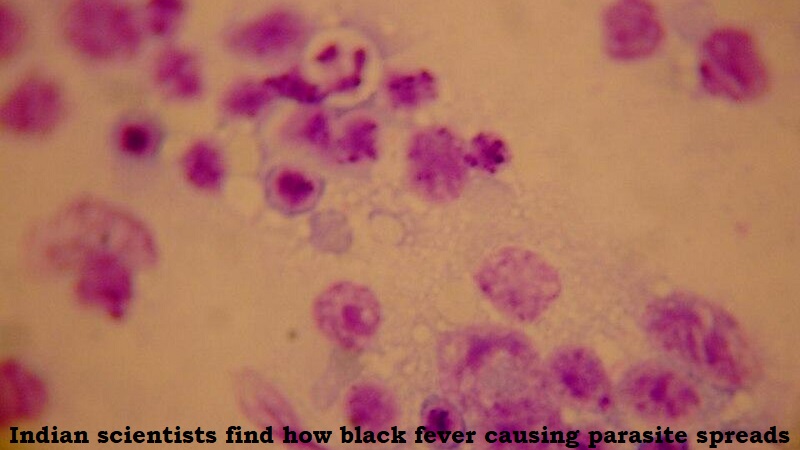
Indian researchers have made a significant medical advancement by figuring out how the Leishmania parasite, which causes black fever, targets and spreads more quickly within the body.
In order to propagate throughout the body, the Leishmania parasite takes advantage of SUMOylation, a crucial regulator of several cellular, nuclear, metabolic, and immune processes.
The parasite ‘Leishmania donovani,’ which sandflies carry in their hair, causes visceral leishmaniasis, also known as Kala-Azar or black fever. The vector flies are found in muddy places, and researchers have long sought to comprehend the parasite’s process in order to develop more effective treatment plans.
‘A better knowledge of the interplay between host and parasite is necessary for the identification of a drug-like candidate with higher efficacy and lower toxicity.
According to researchers, leishmaniasis enters people and replicates intracellularly within macrophages, which are generally involved in defending the host against diseases.
Leading the charge were a group of academics from Jawaharlal Nehru University (JNU), who found that Leishmania parasites alter host signalling systems to stifle the host’s defence capabilities. Dr. Shailja Singh, a member of the study, stated that this finding ‘will open avenues for the development of novel drugs with a targeted approach for the control of this neglected disease.’

Post Your Comments